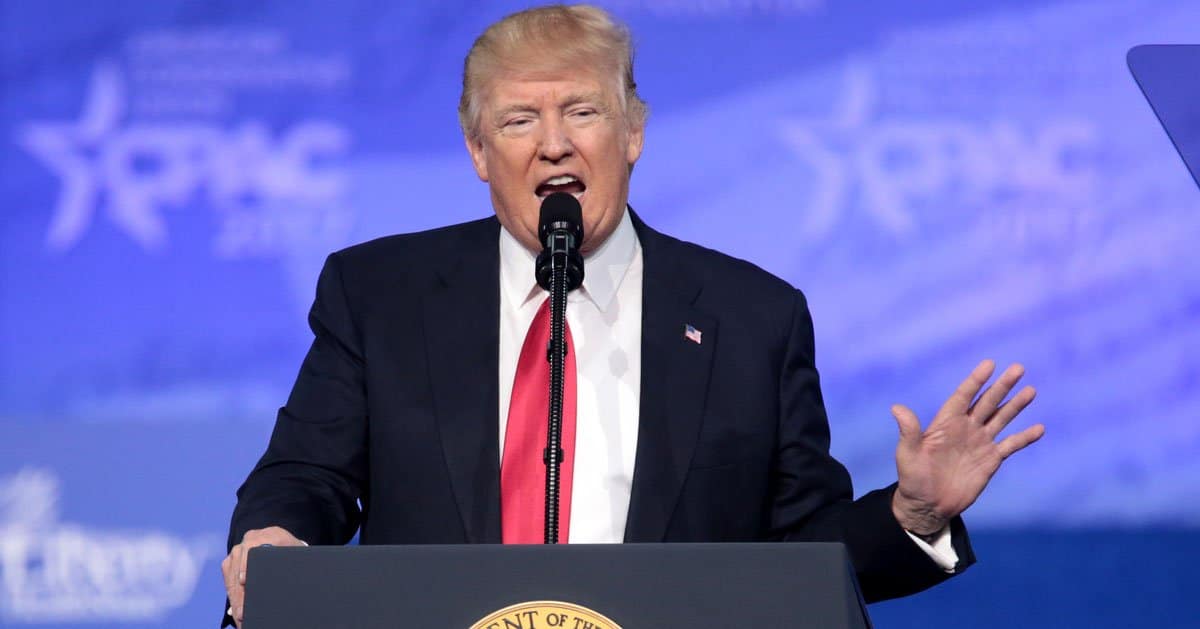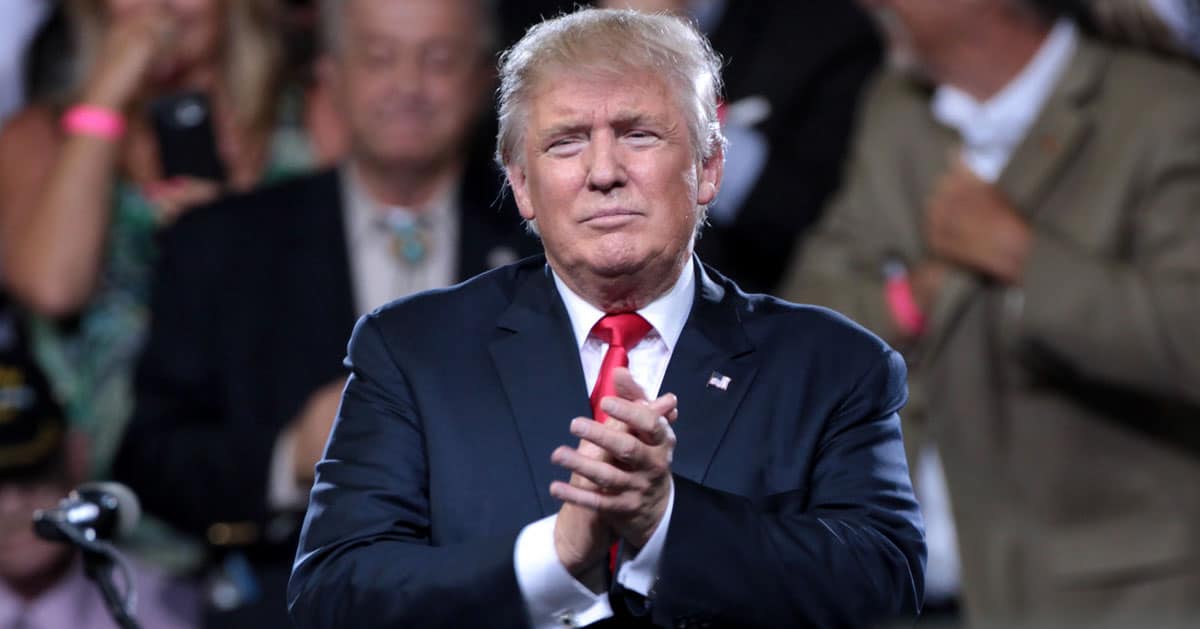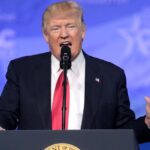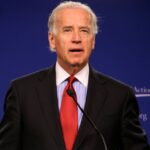




In a pivotal move for the upcoming November elections, the Supreme Court is set to hear a lawsuit against President Joe Biden's executive order that seeks to enhance voter access according to a report from Fox News.
This legal battle, initiated by Pennsylvania Republican lawmakers, questions the constitutionality of the executive mandate, arguing it unlawfully benefits the Democratic party by targeting specific voter demographics.
At the heart of the controversy is Executive Order 14019, signed by President Biden in March 2021. The order, which emphasizes "promoting access to voting," has sparked legal objections from a coalition of 27 GOP legislators from Pennsylvania, all members of the state's Freedom Caucus.
They assert that the order constitutes an unauthorized effort by the executive branch to influence voting practices, particularly favoring Democratic outcomes, without the explicit consent of Congress.
Following a judge's decision last month to dismiss the case due to the plaintiffs' lack of standing, the group's attorney, Erick Kaardal, signaled their intention to escalate the matter to the Supreme Court. The ruling had deemed the Republican lawmakers ineligible to challenge the order, prompting an immediate response from Kaardal who underscored the necessity of holding President Biden accountable for bypassing congressional approval.
Erick Kaardal has been vocal in his criticism of the executive order's legitimacy, accusing the president of utilizing his executive powers to secure his political party's advantage in upcoming elections. This accusation frames the ongoing legal dispute as not merely a constitutional question but also a stark political confrontation.
On the other side of the aisle, Pennsylvania Governor Josh Shapiro, a Democrat, hailed the initial dismissal of the lawsuit as a victory against what he deemed a "frivolous" attempt to undermine voter registration efforts. Shapiro drew parallels with past legal challenges he overcame during the 2020 elections, asserting a consistent defense of voter access against Republican-led objections.
The executive order itself details an initiative for federal departments and agencies to collaborate with electoral officials to promote voting rights, dismantle barriers to voting, and expand opportunities for voter registration. However, the lawsuit posits that the order unconstitutionally directs these departments to engage in activities specifically designed to benefit certain demographic areas, supposedly aligned with Democratic interests.
A crucial component of the lawsuit's argument is the allegation that the executive order was influenced by Dēmos, a progressive think tank, signaling an orchestrated effort to skew electoral outcomes. Further compounding the controversy, the Foundation for Government Accountability (FGA) submitted an amicus brief supporting the plaintiffs.
FGA's involvement draws attention to claims that the executive order could disproportionately influence welfare recipients, a demographic perceived to have a strong Democratic leaning.
Supporting data from a February 2023 study by the Opportunity Solutions Project underscored Democrats' significant advantage among welfare recipients, leading critics like Tarren Bragdon of FGA to argue that the executive order's implementation could decisively affect election results.
As the legal challenge advances to the Supreme Court, the implications for the Biden administration and the integrity of the forthcoming elections loom large. Erick Kaardal remains optimistic about obtaining a favorable ruling based on the merits of their case. By invoking the Purcell doctrine, which cautions against changes to election procedures close to an election, Kaardal aims to underscore the urgency of resolving the issue promptly.
The debate surrounding Executive Order 14019 highlights the ongoing national discourse over voting rights and the propriety of executive actions. As the case moves to the Supreme Court, its outcome could significantly influence not just the legal landscape but also the broader democratic process in the United States.
In conclusion, the lawsuit against President Biden's executive order targeting voting access has captivated national attention, setting the stage for a landmark Supreme Court case. This legal contest pits Republican lawmakers against the executive branch in a fundamental dispute over constitutional authority, voter engagement strategies, and the balance of political power. With allegations of partisan maneuvers and debates over electoral integrity at its core, the resolution of this case could have far-reaching implications for future elections and the administration of voting rights across the country.



